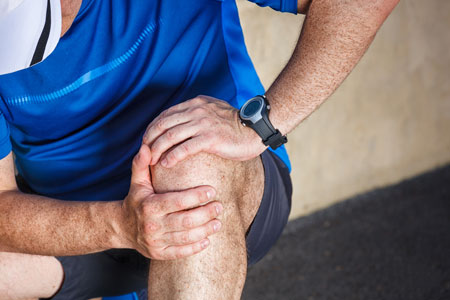
Indications for Anterior Cruciate Ligament (ACL) and meniscal knee surgery
In high velocity sports (soccer/skiing) 50% of ACL tears occur in combination with damage to the medial meniscus (cartilage). The mechanism of injury is usually deceleration, pivoting on a weight bearing leg and collisions in contact sports. Most patients describe a “pop” followed by immediate pain and swelling. The patient may report instability (“giving way”), limited range of movement and possible locking if the cartilage is torn.
X-Rays and CT scans are used to exclude fractures. MRI are 95% accurate in diagnosing ligament (ACL) and cartilage (meniscal) tears and therefore the gold standard recommended at our Bondi Junction Physiotherapy Centre.
In our Bondi Junction Physiotherapy Centre the patient in conjunction with MRI findings will be thoroughly examined using the pivot shift, Luchman’s and McMurray’s stress tests to confirm the diagnosis. Surgical repair will depend on the degree of rupture (partial or complete). The sporting/activity level of the patient as well as the instability symptoms during everyday activities are the other determining factors.

Indications for lower back surgery
Lower back pain is the most common injury treated in our Bondi Junction Physiotherapy Centre. 95% of lower back pain is resolved within eight weeks using conservative non operative physiotherapy treatment in our clinic. In our Bondi Junction practice we focus on prescribing the appropriate core stabilisation (pilates) exercise program. We focus on ergonomic (sitting posture) retraining and advice on using the correct lumbar supports and chairs for the work station. Treatment is holistic utilising mobilisation and manipulative therapy techniques, deep tissue massage, acupuncture, traction and electrotherapy modalities. The physiotherapist works closely with allied health professionals to prescribe a peri radicular nerve injection or NSAIDS where indicated to assist with pain relief.





